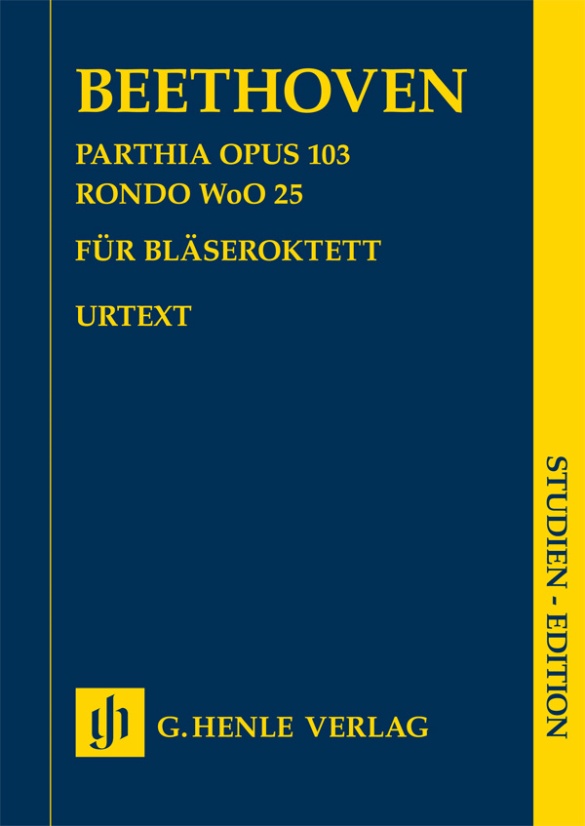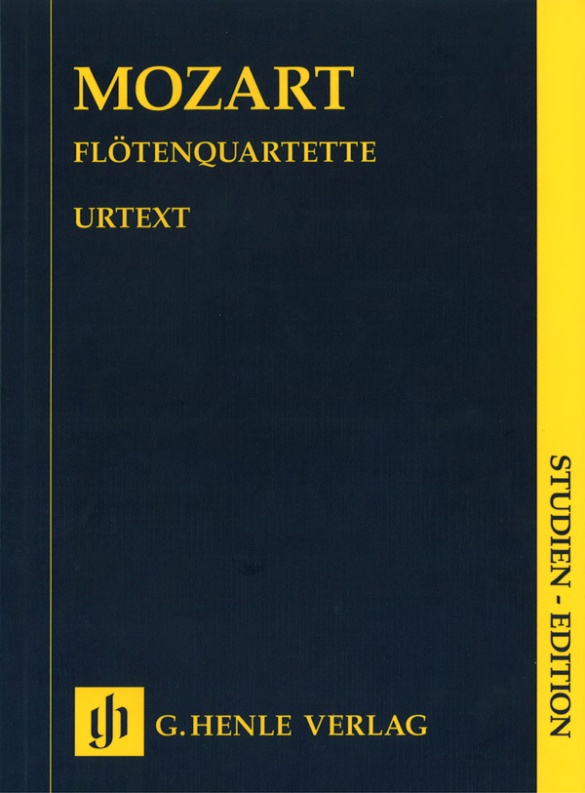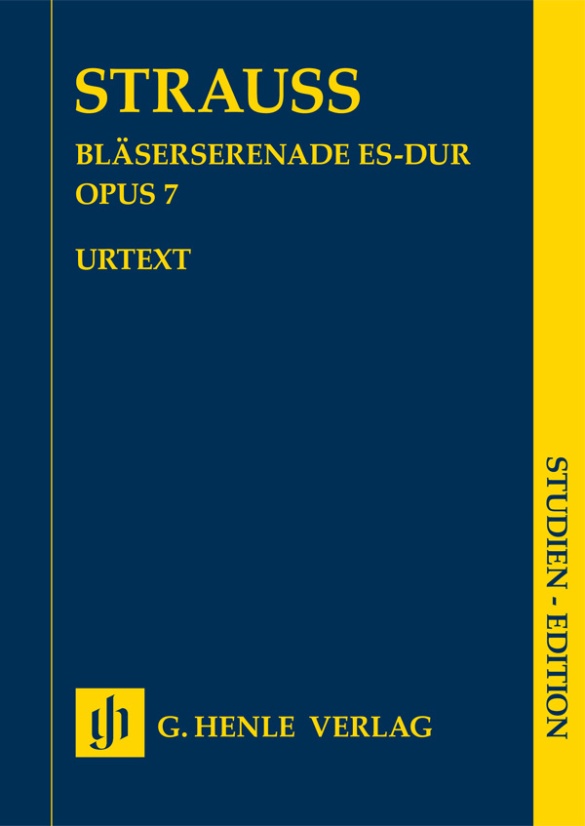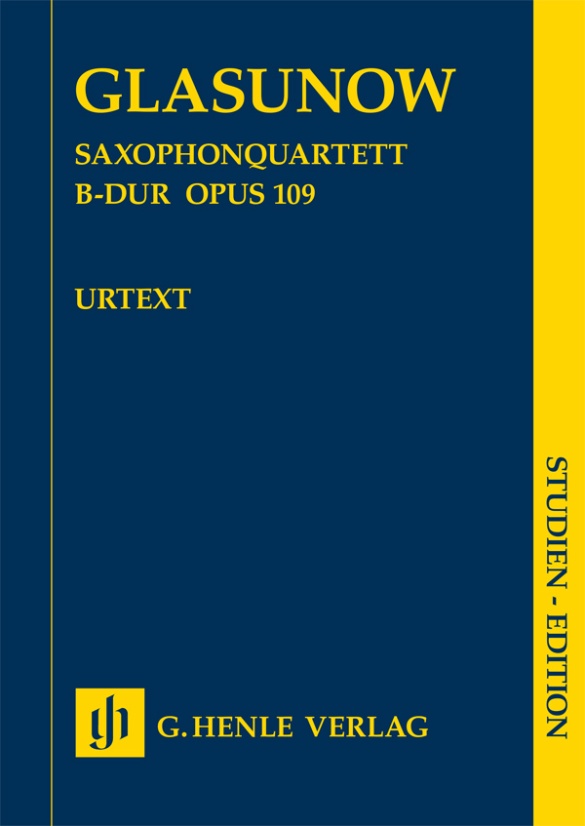

Alexander Glazunov
Saxophone Quartet B flat major op. 109
Every classically trained saxophonist knows and plays this work: with his Saxophone Quartet, composed in 1932, Alexander Glazunov established virtually out of nowhere a new genre and helped the then unusual chamber music setting with four saxophones in different registers to achieve a breakthrough. The first edition, however, only appeared over twenty years after Glazunov’s death and exhibits numerous typographical errors and inaccuracies. Fortunately, one of the outstanding young saxophone ensembles of our time has taken up the work and made extraordinary source discoveries in the process. Besides the autograph short score from a St. Petersburg archive, two manuscript copies of the score by Glazunov’s wife and by the legendary saxophonist Sigurd Raschèr, who personally visited Glazunov in Paris for this purpose, provide important information for the edition. Thus, this key work of classical saxophone literature can finally and for the first time be presented in Urtext quality.
Content/Details
About the Composer
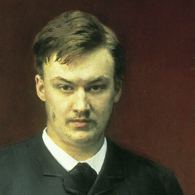
Alexander Glasunow
A Russian composer and conductor, whose works are distinguished by diverse stylistic features. His music is also characterized by the use of folkloric elements, typical of the St. Petersburg tradition. His works include eight symphonies, concerti, chamber music, songs, and stage works.
| 1865 | Born in St. Petersburg on August 10, the son of pianist Elena Pavlovna. As a child he learns piano, viola, and cello. |
| from 1877 | He receives instruction in harmony and other subjects. |
| 1880 | At the suggestion of Mily Balakirev, he becomes a pupil of Nicolai Rimsky-Korsakov on January 4. |
| 1882 | On March 29 his first symphony is premiered at a concert of the Free School of Music. Enamored by it, Mitrofan Belyayev becomes his patron. |
| 1884 | At Belyayev’s initiative, his symphony is performed once more, in Weimar, where he also meets Franz Liszt. A tour through France, Morocco, and Spain ensues. |
| 1889 | He conducts his own works at the Paris Exposition Universelle. |
| 1899 | He becomes professor of orchestration at the St. Petersburg Conservatory. |
| 1904 | He writes the Violin Concerto in A minor, op. 82. |
| 1905–30 | Director of the St. Petersburg Conservatory. In times of political turbulence, he endeavors to preserve the autonomy of the conservatory and to maintain musical exchanges with the West. |
| 1907 | He is awarded honorary doctorates in music by Oxford and Cambridge universities. |
| from 1928 | He travels to Vienna to attend a Schubert competition as a jury member, after which he settles in Paris. He receives engagements as a guest conductor in Europe and North America. |
| 1936 | Dies in Paris on March 21. |
Product Safety Informations (GPSR)

G. Henle Verlag
Here you can find the information about the manufacturer of the product.G. Henle Verlag e.K.
Forstenrieder Allee 122
81476 München
Germany
info@henle.de
www.henle.com
推荐
autogenerated_cross_selling
本书目其他版本
本书目其他版本


